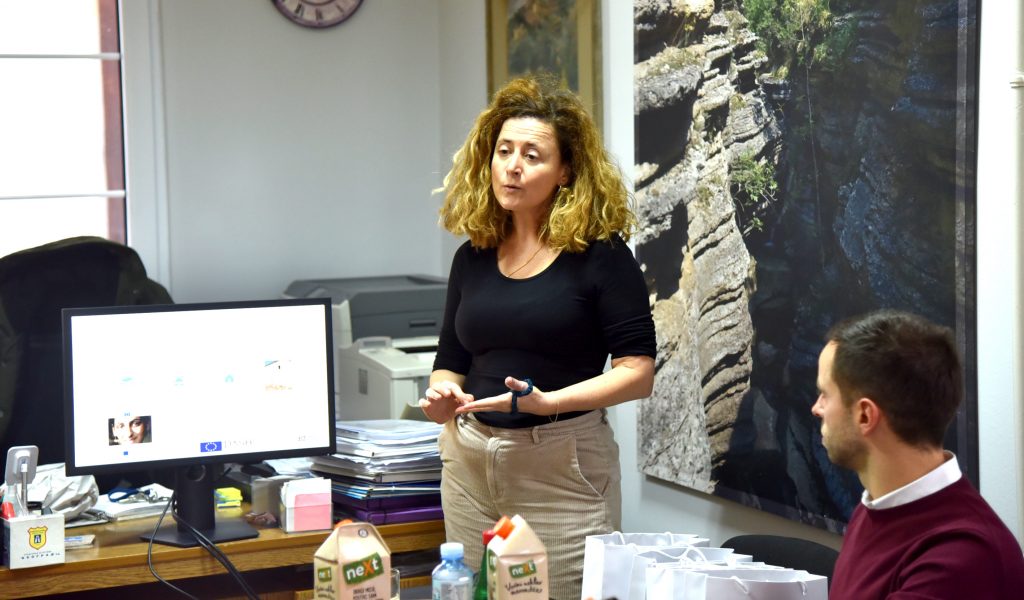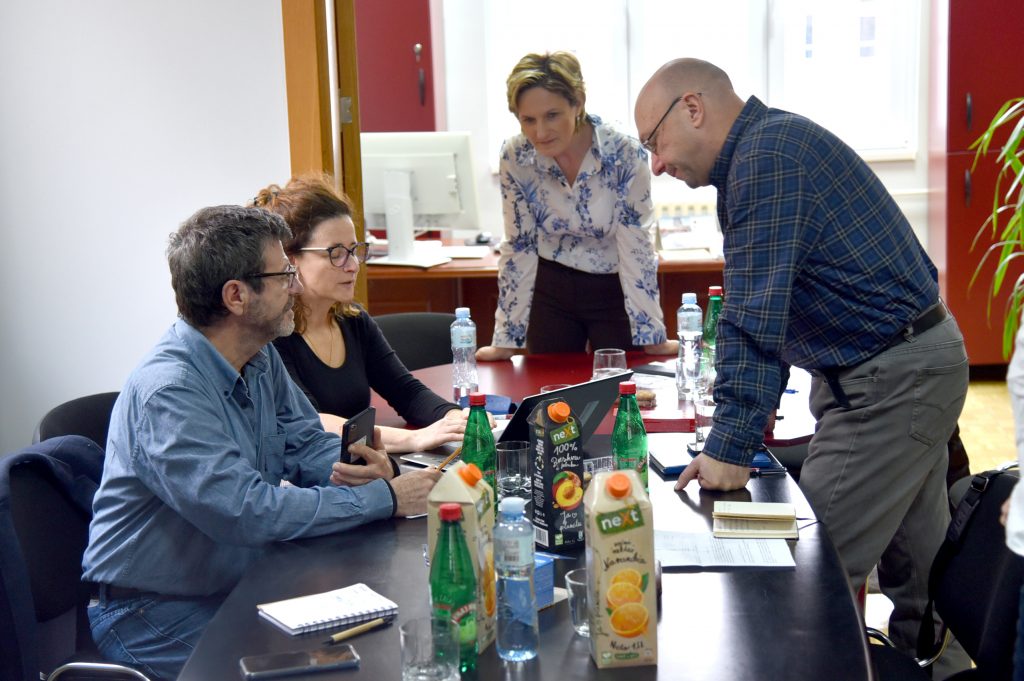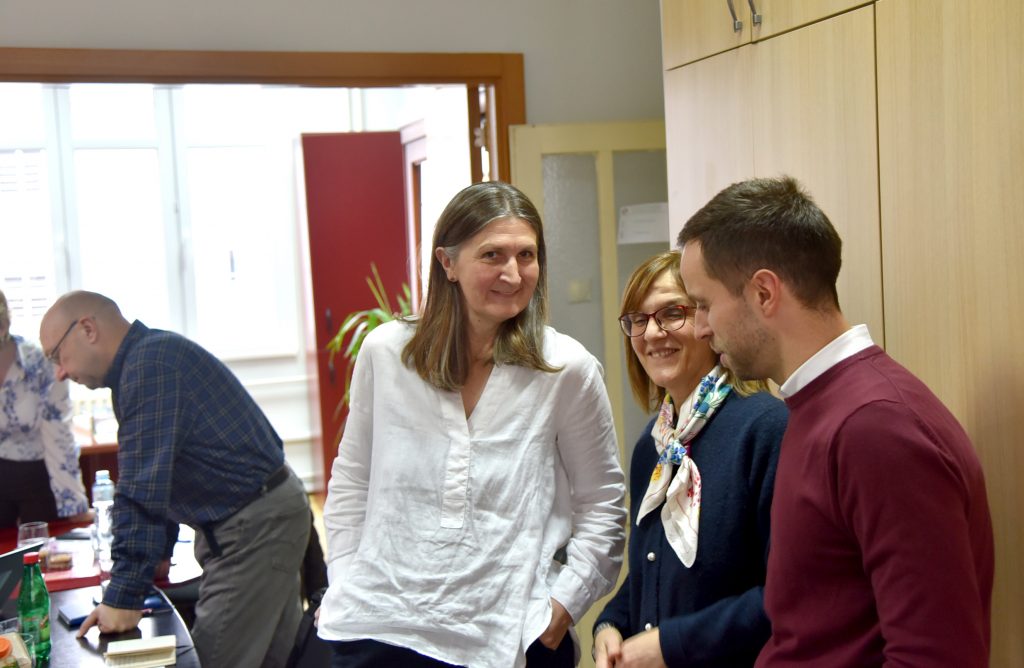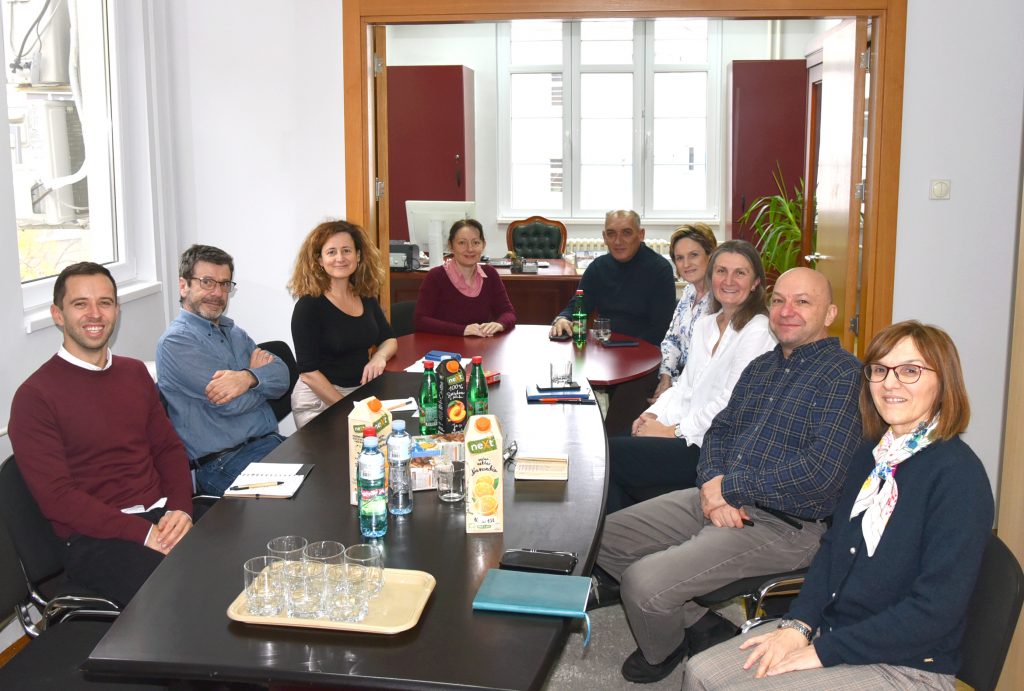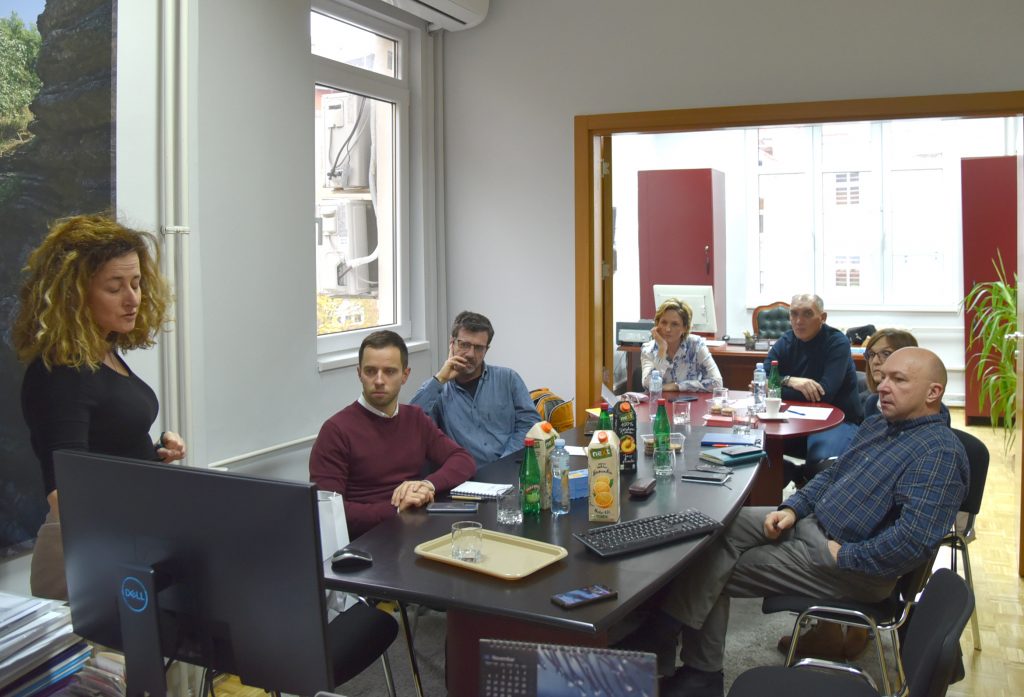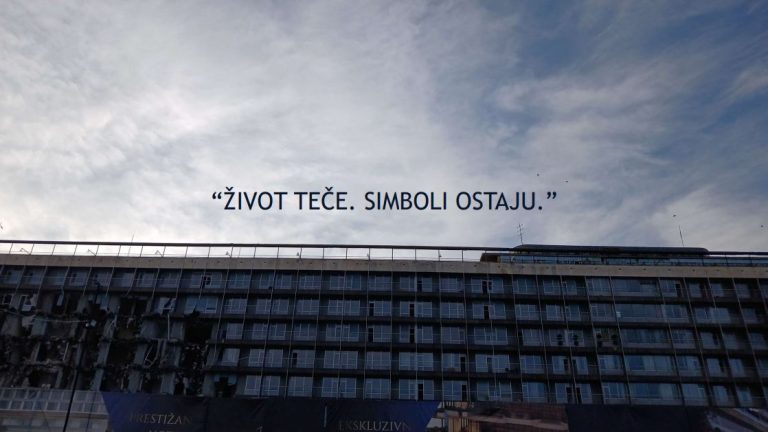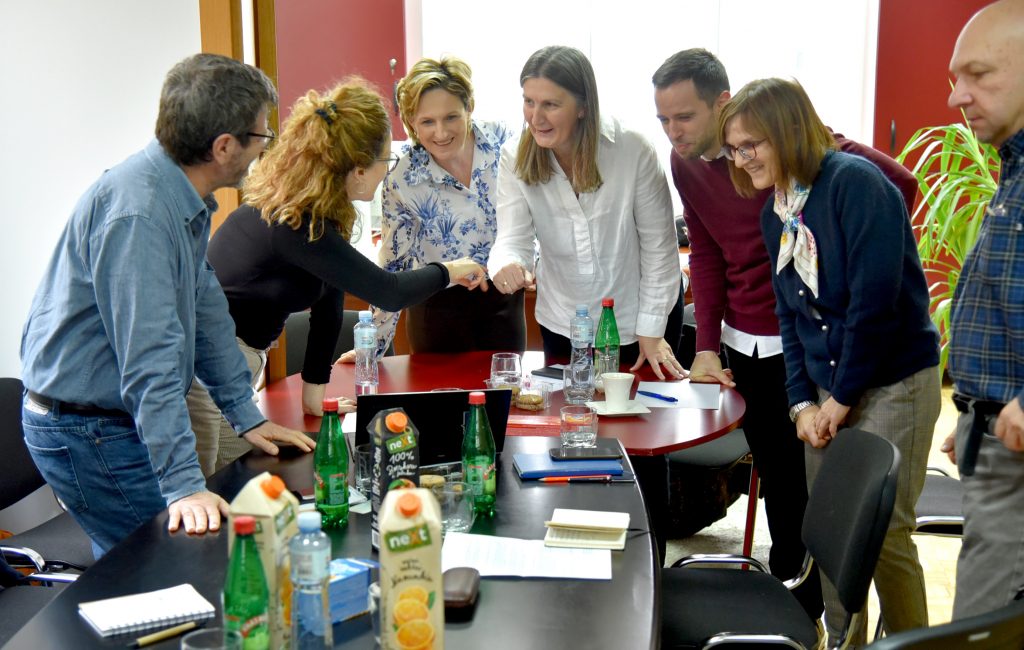
By Sónia Alves and Zlata Vuksanović-Macura
March 14, 2024
From October to December 2023, Sonia Alves and Pedro Moura Ferreira conducted secondments in Serbia as part of the DASH project. This provided opportunities for joint discussions among Portuguese and Serbian researchers and practitioners about the provision of social housing within the two countries’ different social environments and historical contexts.
In a meeting at the Geographical Institute “Jovan Cvijić” SASA, in Belgrade, Serbia, the DASH members discussed the importance of policies in the fields of spatial planning and housing policy, as they play a key role in shaping individuals’ opportunities for social and economic integration/inclusion.
Access to decent and safe housing is a central component of social inclusion. The housing conditions of Roma families contrast starkly with those of the general population: these families are more likely to live in precarious housing in segregated neighbourhoods, and to face greater difficulties in accessing the private rental market.
In a meeting at the Geographical Institute “Jovan Cvijić” SASA, in Belgrade, Serbia, DASH members discussed the influence of spatial planning and housing policies on the housing in which vulnerable communities live. The condition and location of this housing plays a key role in individuals’ opportunities for socioeconomic integration (e.g. participating in the labour marker, access to education, training, services, etc.).
Zlata Vuksanović-Macura and Sonia Alves initiated comparative research on the efficacy of public policies in Serbia and Portugal designed to address how Roma people are housed. This research focused on policy design and local implementation, but also on wider factors related to the circulation of knowledge, conjunctures and global processes.
Zlata Vuksanović-Macura is an architect and urban planner, with expertise in methods and tools for participatory urban planning. For more information see the following publications:
- Vuksanović-Macura, Z. (2020) “Spatial Segregation of Roma Settlements within Serbian Cities. Examples from Belgrade, Novi Sad, and Kruševac”. In: Mihaylov V. (ed) Spatial Conflicts and Divisions in Post-socialist Cities (pp. 211–224). The Urban Book Series. Springer, Cham. https://doi.org/10.1007/978-3-030-61765-3_12;
- Vuksanović-Macura, Z. (2012). “The mapping and enumeration of informal Roma settlements”. In: Serbia, Environment and Urbanization, 24(2), pp. 685-705, https://doi.org/10.1177/0956247812451809.
Sónia Alves and Pedro Moura Fereira are sociologists from the ICS-ULisboa who are interested in comparing housing policy from a historical and institutionalist perspective. In another paper, with Zlata Vuksanović-Macura they are trying to grasp the relationship between larger-scale, structural socio-economic transformations in the political contexts of Serbia and Portugal and national and local housing policies. This project of applying the comparative-historical approach to the analysis of public policies in housing and planning will continue during secondments throughout 2024.
As part of joint activities, the Geographical Institute “Jovan Cvijic” SASA, Belgrade (GIJCSANU) organized a working meeting on 8 December 2023. The participants were team members from Portugal and from Serbian partners — GIJCSANU, the City Housing Agency Čačak, and the Serbian Urban Planners’ Association. The agenda included:
- Welcome by the GIJCSANU vice-director Ana Milanović-Pešića and Zlata Vuksanović-Macura
- Discussions about ongoing activities in the DASH project among participants
- Presentation of the work carried out during secondments in Belgrade (Sonia Alves)
Presentation of the DASH website, Work Package 4 (Zlata Vuksanović-Macura and Dejan Dojak)
The meeting ended with a walk around central Belgrade and lunch in the Skadarlija neighbourhood, which is characterised by its traditional urban architecture.
